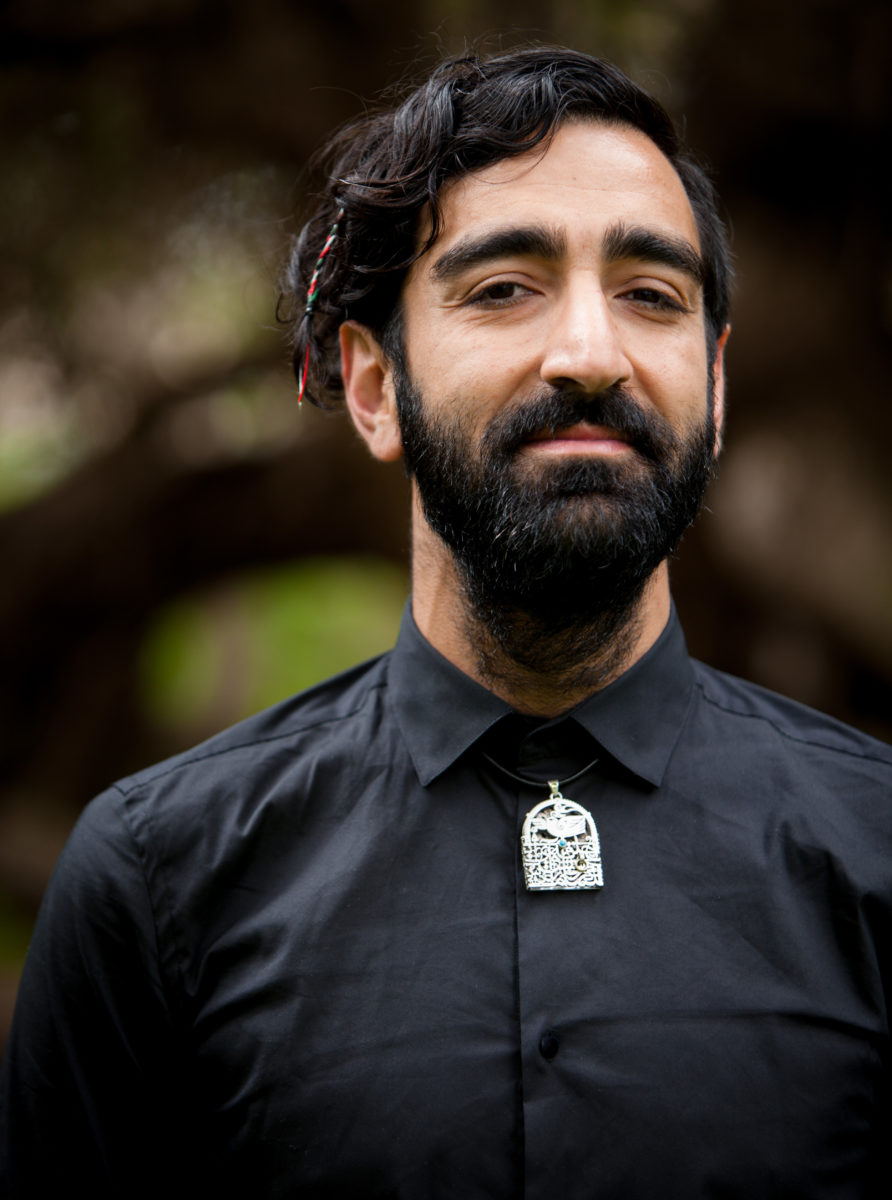As noted in an earlier post, Music of Remembrance returns to San Francisco for a performance of three premieres at its new Bay Area home, the Presidio Theatre on Sunday, May 22 at 4:00 pm.
The concert features the California premiere of Stormy Seas by Sahba Aminikia. In this exclusive interview, the composer shares his insights.
Cultural Currents: Ferry riders can only imagine the terror of being stranded on a boat in an effort to find a safe haven. How will “Stormy Seas” resonate with this audience?
Sahba Aminikia: “Stormy Seas” tells the stories of several young children from various historic period who wandered stateless in international waters. Many of the refugees who found theirs way into this country since World War II have experienced similar stories. But as humans we tend to forget how many of our ancestors who escaped various wars found their way into freedom and to life. Stormy Seas relies heavily on story-telling and music as a force to re-create and re-imagine those stories and connect them to our memories from the past. I think that is what music does. It connects us to a realm where time, location and nationality becomes meaningless where all humanity is connected with each other. As humans we have incredibly powerful minds that carry memories even from generation to generation. We need such stimulants to connect ourselves to stories from the past in order to gain perspective over future.
CC: What inspired this historical journey?
Aminikia: What inspired this journey was me being involved with children who survived the war and violence and yet are facing tremendous struggles in order to keep up with this complicated world. I have the privilege to work and being friends with many of those children. And I saw with my own eyes how they are struggling for a better life when they have nothing to lose. What our culture created today is an obsession with projecting a model which portrays successful materialistic life. And with the lack of equality all around the world, we will be facing large migrations from one part of the world to the more privileged areas. We either can start to plan for this future or we can help perpetuate it to the level that it will be considered a human crisis. Children being exposed to the outcome of this crisis due to lack of education, parental supervision or lack of resources, could result in the emergence of a new generation whose only language they are familiar with is violence. There are millions of children now, who grew up during various war in the world. So we are facing a generation of young people who lived their entire life and their memories in conflict and violence.
CC: With the conflict in Ukraine intensifying, will we witness even more examples of mass migration by sea?
Aminikia: I think not only by the conflict in Ukraine but the world is on the verge of a large human crisis. With the outcomes of climate change, war, terrorism and inequality, there will be a larger number of people takinig risk on their lives for a better future. This is a very old story and is not just happening now. Just in 2021, 3,000 people lost their lives trying to find their way to Europe. Unfortunately, survivors of European wars experience a different treatment from tother countries compared to so-called “third-world” countries such as Syria, Afghanistan, Iraq, etc and that is a fact that became more evident throughout the Ukraine conflict and its news coverage. What is important is to focus on issues on a global level and find a global solution to them. War and violence is ugly no matter where it occurs.
For tickets and information, visit www.presidiotheatre.org .

